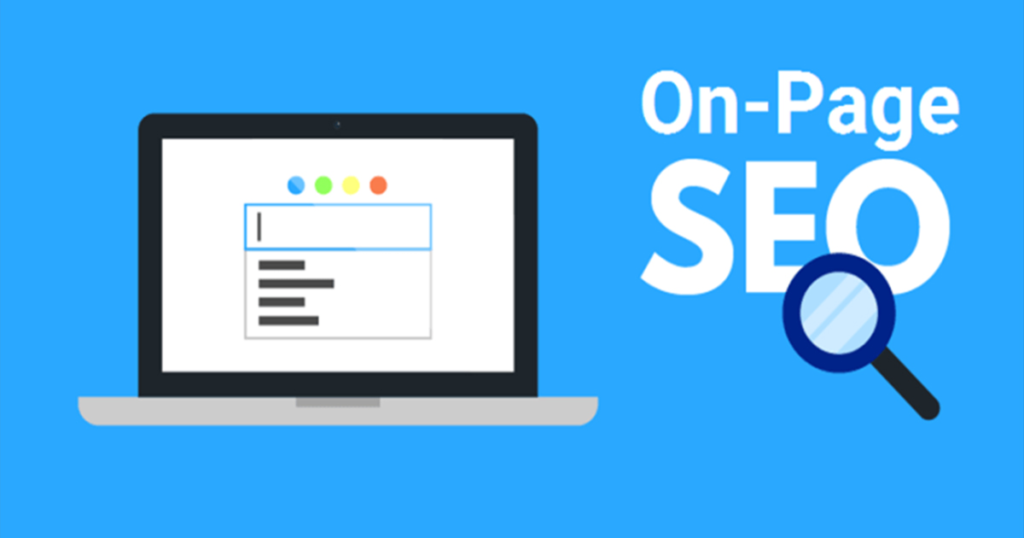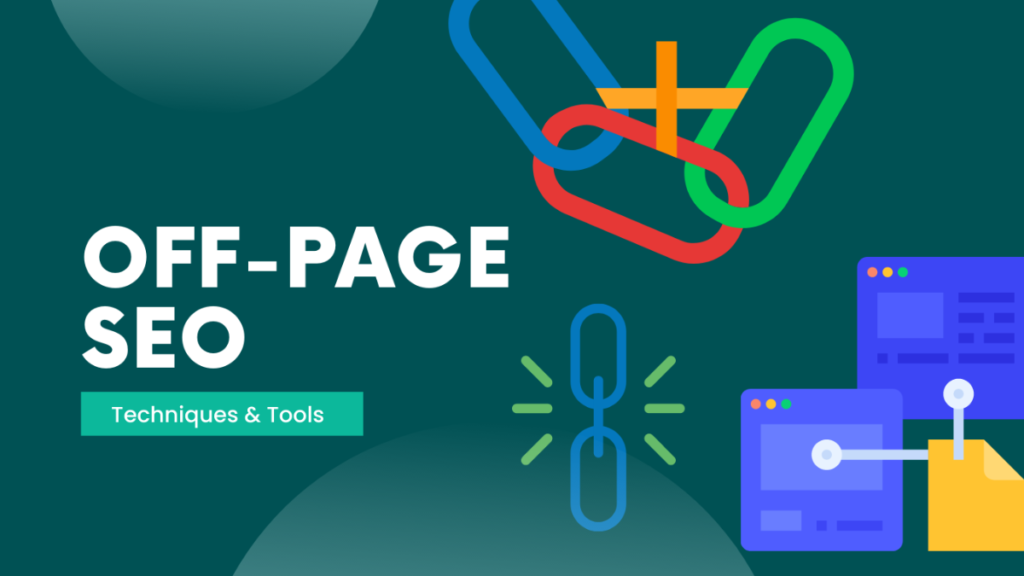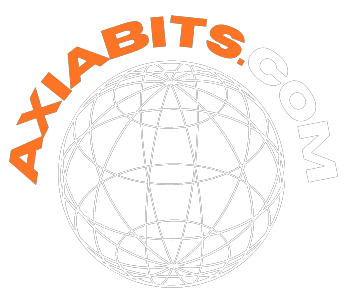Introduction
In the dynamic world of digital marketing, search engine optimization (SEO) plays a pivotal role in determining a website’s online visibility and ranking. Two essential components of SEO, On-Page and Off-Page SEO, work together to boost a website’s search engine rankings and drive organic traffic. This comprehensive guide delves deep into On-Page and Off-Page SEO nuances, exploring their differences, importance, and impact on a website’s overall performance.
Table of Contents
On-Page SEO

Definition and Scope of On-Page SEO
On-page SEO refers to optimizing website content and HTML source code to improve search engine rankings and enhance user experience. From meta tags and keyword optimization to content structure and internal linking, On-Page SEO focuses on making a website more search engine-friendly and user-friendly.
Key Components of On-Page Optimization
On-page optimization encompasses several key components that influence your website’s search ranking:
- Title Tags and Meta Descriptions: Crafting compelling and keyword-rich title tags and meta descriptions helps search engines understand the content and attract user clicks.
- Header Tags (H1, H2, H3): Proper usage of header tags organizes content and signals the importance of different sections to search engines.
- URL Structure and Permalinks: Creating clean and keyword-relevant URLs improves user experience and search engine visibility.
- Keyword Optimization in Content: Incorporating relevant keywords naturally into your content helps search engines understand its context and relevance.
- Image Optimization: Optimizing images with descriptive alt tags and compressed file sizes enhances website performance and accessibility for search engines.
- Internal Linking: Strategically interlinking pages within your website guides search engines to important content and improves user navigation.
- User Experience and Page Speed: Providing a seamless user experience and ensuring fast page load times contribute to higher search rankings.
Benefits of On-Page SEO for Search Rankings
Effective on-page SEO enhances search rankings by making your website more accessible and understandable for search engines. It increases keyword relevance, improves user experience, and provides search engines with valuable information about your content.
Also, See This: A Comprehensive Guide on How to Reduce Unused JavaScript in Webflow for SEO Optimization
Top 3 On-Page SEO Tool for 2024
In the ever-evolving world of search engine optimization (SEO), on-page optimization is crucial in improving website visibility and rankings. To stay ahead in 2024, using the right tools to streamline on-page SEO efforts is important. Here are the top 3 on-page SEO tools for 2024:
- SEMrush: SEMrush is an all-in-one SEO tool that offers a comprehensive suite of features for on-page optimization. It provides keyword research, competitor analysis, site audit, and content optimization capabilities. With its user-friendly interface and data-driven insights, SEMrush helps optimize website content, monitor rankings, and uncover new growth opportunities.
- Moz Pro: Moz Pro is another popular on-page SEO tool offering various features to improve website performance. Its key features include keyword research, site audit, rank tracking, and backlink analysis. Moz Pro provides actionable recommendations for optimizing on-page elements such as meta tags, headings, and content. It also offers valuable insights into competitor strategies and helps identify areas for improvement.
- Yoast SEO: Yoast SEO is a WordPress plugin that optimizes website content for search engines. It provides real-time content analysis as you write and offers suggestions for improving on-page elements.
Off-Page SEO

Definition and Scope of Off-Page SEO
Unlike on-page SEO, off-page SEO focuses on external factors that influence your website’s visibility and authority. It mainly revolves around building relationships, generating backlinks, and establishing your brand’s online reputation.
Key Components of Off-Page Optimization
Successful off-page optimization involves implementing several key components:
- Link Building Strategies: Building high-quality backlinks from reputable websites helps improve your website’s authority and visibility.
- Social Media Presence and Engagement: Active participation and engagement on social media platforms amplify your brand reach and indirectly affect search rankings.
- Influencer Marketing: Collaborating with influencers in your industry can expand your brand’s visibility, attract new audiences, and generate valuable backlinks.
- Guest Blogging: Contributing high-quality content to relevant websites as a guest blogger can boost your brand authority and generate backlinks.
- Online Reputation Management: Monitoring and managing your online reputation through reviews, ratings, and customer feedback contribute to your brand’s credibility and search ranking.
The Role of Content Creation in Off-Page SEO
Creating valuable and shareable content enhances your brand’s visibility and encourages others to link to your website. Compelling content attracts users and improves the effectiveness of your off-page SEO efforts.
Benefits of Off-Page SEO for Domain Authority
Off-page SEO helps increase your website’s domain authority by establishing your brand as a trustworthy and authoritative source. High-quality backlinks from reputable websites, social media engagement, and positive online reviews contribute to building your brand’s credibility.
Also, See This: Unleash E-commerce SEO Success: Simplified Tips for Optimizing Your Online Store
Top 3 Off-Page SEO Tools for 2024
Off-page optimization is a critical aspect of search engine optimization (SEO) that focuses on improving a website’s visibility and authority beyond its domain. Utilizing the right tools to excel in off-page SEO strategies in 2024 can provide valuable insights and streamline your efforts. Here are the top 3 off-page SEO tools for 2024:
- Ahrefs: Ahrefs is a powerful tool offering comprehensive off-page optimization features. It provides in-depth backlink analysis, allowing you to monitor and analyze your website’s backlink profile, identify new link-building opportunities, and track competitor backlinks. Ahrefs also offers features like content gap analysis and rank tracking, enabling you to enhance your off-page SEO strategy.
- BuzzStream: BuzzStream is a popular tool that streamlines building relationships and acquiring high-quality backlinks. It helps find and organize potential link prospects, manage outreach campaigns, and track link-building progress. BuzzStream also provides metrics to assess the effectiveness of your off-page SEO efforts, making it easier to measure success.
- Majestic: Majestic is a renowned backlink analysis tool offering a vast link intelligence database. It provides insights into link profiles, anchor text analysis, and link quality. Majestic’s Trust Flow and Citation Flow metrics are widely used in the SEO industry to gauge the quality and trustworthiness of websites. It also offers a useful Link Context feature that helps understand the context of backlinks.
Differentiating On-Page and Off-Page SEO
On-Page SEO focuses on optimizing website content and structure, while Off-Page SEO involves external factors like link building and social signals to enhance a website’s authority and credibility.
Here’s a table highlighting the key differences between On-Page and Off-Page SEO:
| On-Page SEO | Off-Page SEO |
| Focuses on optimizing website content and HTML source code | Focuses on optimizing factors external to the website |
| Enhances the relevance and user experience of a website | Boosts the website’s authority and credibility |
| Within the website owner’s control | Requires outreach and networking skills |
| Examples include optimizing meta tags, content, images, and internal linking | Examples include optimizing meta tags, content, images, and internal linking. |
| Helps search engines understand the content and context of a web page | Helps search engines understand the popularity and relevance of a web page |
| Improves the website’s search engine rankings | Increases the website’s visibility and reputation |
By understanding these key differences, website owners can effectively implement both On-Page and Off-Page SEO techniques to enhance their website’s search engine performance and drive more organic traffic.
How On-Page and Off-Page SEO Work Together:
- The synergy between On-Page and Off-Page SEO in improving a website’s search rankings and visibility
- The importance of a holistic SEO strategy that incorporates both On-Page and Off-Page optimization techniques
- Case studies demonstrating the combined impact of On-Page and Off-Page SEO on website performance
Conclusion
In conclusion, On-Page and Off-Page SEO are two integral pillars of a successful search engine optimization strategy. While On-Page SEO optimizes website content and structure, Off-Page SEO enhances the website’s authority and reputation through external factors. By understanding the differences and synergies between On-Page and Off-Page SEO, website owners can develop a comprehensive SEO strategy that drives organic traffic, boosts search rankings, and enhances online visibility.
This guide serves as a comprehensive resource for digital marketers, SEO professionals, and website owners looking to unlock the power of On-Page and Off-Page SEO to achieve sustainable online success. By implementing the best practices, strategies, and techniques outlined in this guide, you can elevate your website’s SEO performance and stay ahead in the competitive digital landscape.
Frequently Asked Questions
What is the primary difference between on-page and off-page SEO?
The main difference lies in their focus: On-page SEO deals with optimizing content and elements on the website. In contrast, off-page SEO focuses on external factors like backlinks and social signals.
How does on-page SEO impact search rankings compared to off-page SEO?
On-page SEO directly influences how search engines interpret and rank your website’s content, while off-page SEO helps build authority and credibility through external signals that impact rankings.
How can a website owner balance on-page and off-page SEO efforts?
Website owners can achieve a holistic SEO strategy by combining on-page and off-page techniques. This involves creating high-quality content for on-page optimization and engaging in link-building and social strategies for off-page optimization.
Does page speed fall under on-page or off-page SEO?
Page Speed: Also called load time, page speed is crucial in on-page SEO. Google tends to prioritize faster pages over slower ones in its rankings. Optimizing page speed can enhance the likelihood of more of your pages being included in Google’s search index.







